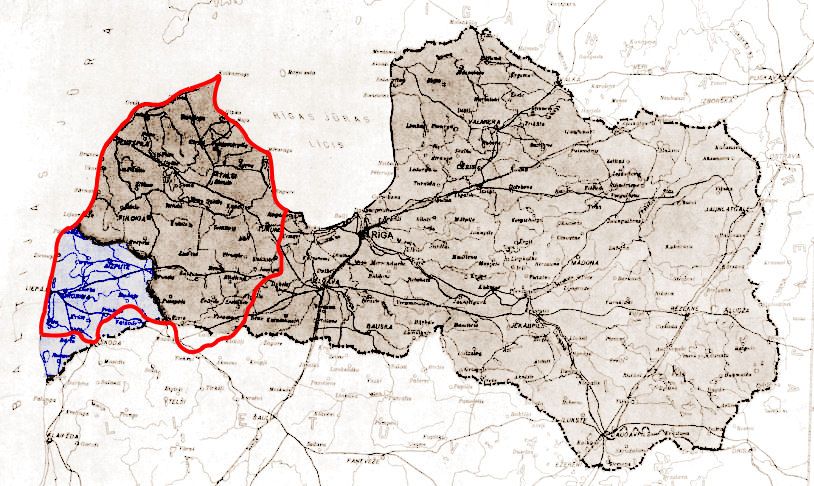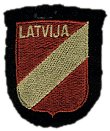6
III
THE GOVERNMENT'S CASE
A. HISTORICAL BACKGROUND 7/
For centuries, Germany, Russia, Poland and Scandinavia vied for control of the land on which Latvia and its Baltic neighbors are situated. Towards the end of the 1800's, the nationalism which had surged through Europe, bringing the unification of Italy and Germany, reached this land. As national identities developed in the Baltic area, resentment of manipulation and domination by foreign powers increased. 1In the first decades of the twentieth century, Latvian nationalists called for the creation of an independent state, and in November, 1918, the State of Latvia was officially proclaimed.
Its period of independence lasted only until 1940, when, 2as the result of a Soviet scheme, it "voted" to be incorporated into the USSR The only power in a position to object to the Soviet action was Germany, but 3the Soviets had bought peace with Hitler in 1939 (at the cost of half of Poland), and in any case, Soviet strategists assumed that Germany was too busy fighting a war with the rest of Europe to be concerned with Latvia and the other Baltic states.
| 7/ | This background material serves as a framework for the discussion which follows. 4The court is requested to take judicial notice of the historical facts on which this section is based. |
Examination
The INS's simplistic account omits two crucial points regarding the nationalist movement and Latvia's war of independence.
- The Baltic provinces had historically enjoyed more rights than other areas under the Russian empire. Nationalists lobbied for greater autonomy under the empire, not to leave the empire. The rise of Bolshevism created the all too prescient fear of subjugation, driving nationalists to declare Latvian independence.
- Bolshevik forces in conflict with the nationalists declared Latvian "independence" on December 17, 1918. Territorial loss to the Bolsheviks had created circumstances so dire that the fledgling Latvian government was evacuated for safety to a British ship docked in Liepāja (Libau) on Latvia's western Baltic coast. While Germany had been defeated in the west, it was supported in the east in its war efforts to stem the spread of Bolshevism. Latvians successfully allied with the Germans to drive out the Bolsheviks, then turned on the Germans to drive them out as well. That historical memory of victory against all odds—and the manner in which it was achieved—was enshrined in Latvian Legion song.
Finnish and Baltic "cooperation" with Germany in WWII was driven by prior "the enemy of my enemy is my friend" alliances of last—or only—resort which had served them on their path to independence from Bolshevik Russia—a power which had once again attacked them. Not by Nazi sympathies.

1919 map from Armijas štāba Apmācības daļa - Latvijas Armija 20 gados (1940)
The INS is correct in its characterization of a "voting" scheme. However, it fails to indicate that Soviet troops had already been stationed in the Baltics by threat of force, and that the bogus and unconstitutionally conducted vote1 was fabricated after the USSR had invaded and occupied Latvia.
"Cost" is an odd term for the INS to use. Britain and France kept the peace at the "cost" of Sudetenland—ceding to Germany what they did not possess. Contending the USSR [similarly] kept the peace at the "cost" of half2 of Poland ignores that the USSR brutally invaded and occupied the eastern half under the pretence of "protecting" its non-Polish Slavic minorities, its justification being that the Polish state "no longer existed." The INS ignores the historical fact that Hitler and Stalin precipitated WWII in partnership as allies. The USSR even transmitted radio signals to help guide the invading Luftwaffe, and Moscow was so eager for Hitler's success that it prematurely sent a telegram to Berlin congratulating it on the fall of Warsaw.
Which begs the question: whose "historical facts?"
| 1 | The Latvian constitution stipulated that any change in territorial status required a plebiscite. In the case of the Soviet annexation, the vote was by the fraudulently installed Soviet puppet parliament. |
| 2 | Stalin occupied 51% of Poland's territory to Hitler's 49%. |
